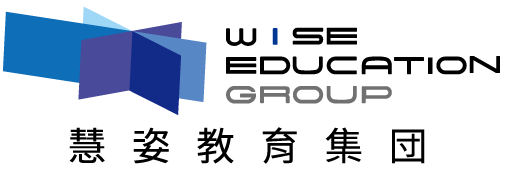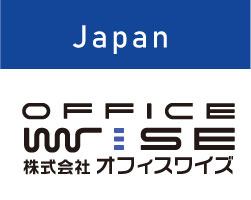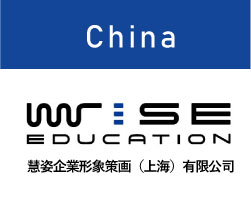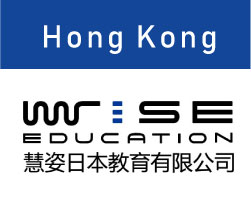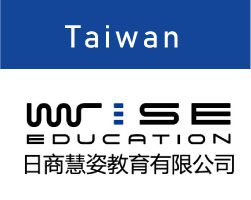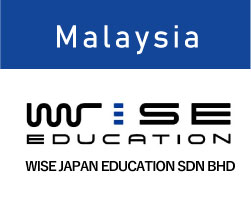We, WISE Education Group, are receiving talented human resources from overseas and working on developing the human resources, who will be responsible for the future of Japan, with the purpose of solving the problems of aging population and declining birth rate in Japan and building prosperous and vibrant country.
Greeting from the president
The number of international students in the world is now almost 5 million.
Currently, the Japanese government is implementing a plan called “Global 30” which is to promote globalization by expanding the number of international students in japan to 300,000 by 2020. As you can notice here, Japan’s government has been holding not only Global 30 bur also other plans to receive more international students.
Also, internationalization in Japanese industries is steadily accelerating. This transition has altered recruitment in Japanese companies; these days, more and more talented international students are hired in Japan.
While it seems it is difficult for international students in Western countries such as the U.S. and the U.K. to find jobs after they graduate, now it is not unusual to see Japanese companies hiring more international candidates than Japanese students, as a successful outcome of implementing governmental plans described above. In fact, the employment rate of international students who graduated from higher educational institutions in Japan is now more than 50%.
However, the number of international students in Japan still does not increase as fast as the government expects. Here, we, WISE Education Group, thought that the problem might derive from the conservative admission procedures in Japan which is largely different from what Western countries employ.
And so, We, working with Japanese universities, has come up with and has been working on “Study in japan Official Guide Book” to introduce studying abroad in Japan, a cram school for talented high school students who wish to study abroad in Japan, and a completely new admission scheme called “Japan University Examination (JPUE)”.
We will continue developing and distributing schemes that prospective international students can make the best use of.
WISE EDUCATION
Managing Director Keizo YAMADA
Managing Director Keizo YAMADA
List of Businesses
| Education | ・Teaching Japanese language ・Curriculum for Japanese undergraduate school admission ・Curriculum for Japanese graduate school admission |
|---|---|
| Consulting | ・Reformation of admission for higher educational institutions in Japan ・Offering information about studying abroad in Japan ・Consulting about recruitment in Japan |
Introduction of activities
1. Study in Japan Official Guide Book / Publication of a book covering all the necessary information you need for studying abroad in Japan
Every year, it is published in September in Asian countries. And, the 7th edition will be published this year. The book is read repeatedly and used like the Bible by international students who intend to study in Japan.
3. Shanghai WISE Study in Japan Education Center / Establishment of a cram school in Shanghai for studying abroad in Japan
The school is for those who wish to study in Japan, and teaches Japanese language and other exam subjects for entrance examinations. Since the school was founded in 2013, many students have gotten accepted to top-ranked universities in Japan. We offer our original textbooks and have veteran Japanese teachers.
3. Musashino University- Japanese Language Program for International Students / Administration of a preparatory Japanese course for international students in Tokyo.
In April 2018, this cram school was established in Ariake, Tokyo for international students who intend to study in Japan. This, similar to Shanghai WISE Study in Japan Education Center, broke the mold by teaching not only Japanese language but also other entrance examination subjects at the same time.
4. Japanese University Examination (JPUE) / A new entrance examination to Japanese universities
In this examination, applicants will take written tests and interviews in their mother tongue. Once they passed the first-stage of the exam successfully, they will learn Japanese language in their home countries and then, they can directly enter a Japanese university, which is like a scheme of Columbus’s egg.

